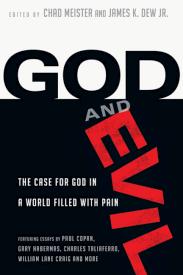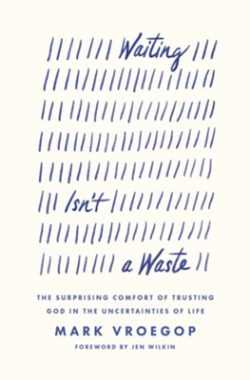James Dew
Showing the single result
-
God And Evil
$29.99If God is good, why is there suffering? The question is as timeless as it is urgent. In this volume, Chad Meister and James K. Dew, leading thinkers in Christian philosophy and apologetics, take on the problem of suffering from all angles. They seriously engage contemporary critiques leveled against the faith and offer readers new confidence and hope in the God who suffered and died and rose again.
Add to cart8 in stock






